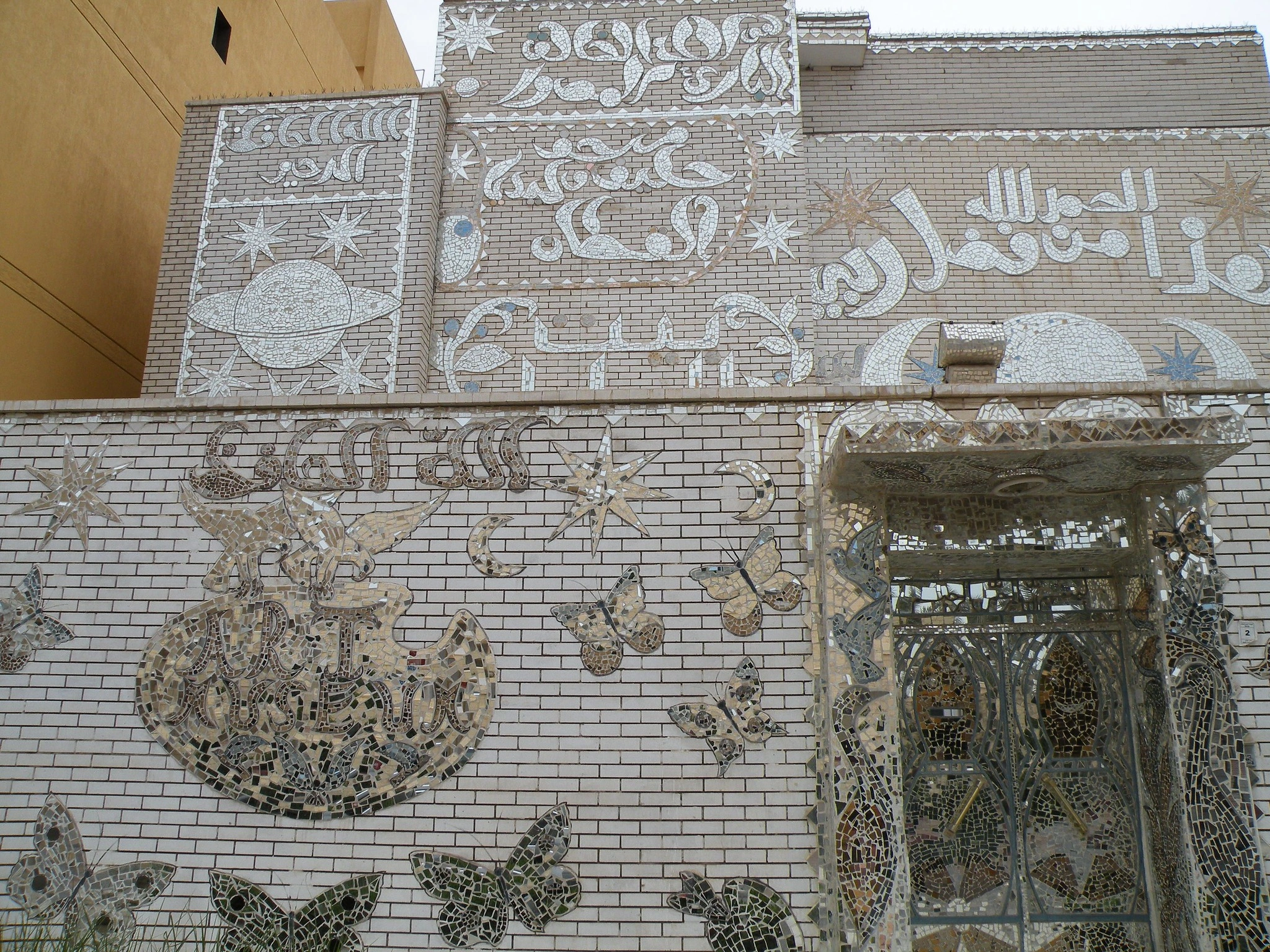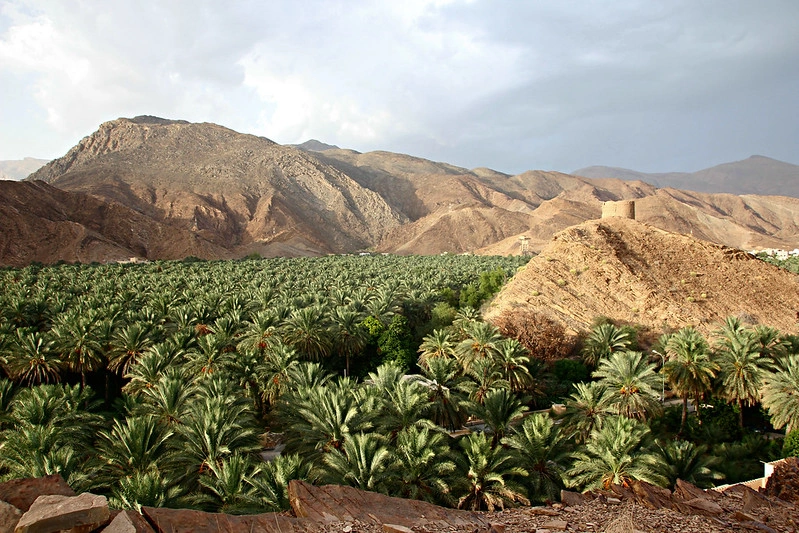Enchanting Tales behind the Names of Countries
By Prachi Agrawal
● Last Updated : 19 Sep 2023
City & Culture
Destinations
Have you ever wondered how and from where did the names of countries come from? Who gave them these names? If such questions have ever crossed your mind, here is some food for your curiosity. Read on and you will discover interesting stories and legends on why a particular country was given a specific name.
Names of Countries – The Story Behind
China
 The name of the most populated country of the world probably originated from the Persian word Chīn that might have been passed down from the Indo-European Sanskrit word Cīna. There’s another theory behind the nomenclature of China. Some scholars believe that the name “China” was derived from the Qin Dynasty (pronounced “chin”). However, this theory stands false as the mention of the land of Cīna can be found in Arthshastra written by Chanakya during Indian emperor Chandragupta Maurya’s regime in early 3rd Century BC. The Qin dynasty was established much after Chandrgupta’s reign.
The name of the most populated country of the world probably originated from the Persian word Chīn that might have been passed down from the Indo-European Sanskrit word Cīna. There’s another theory behind the nomenclature of China. Some scholars believe that the name “China” was derived from the Qin Dynasty (pronounced “chin”). However, this theory stands false as the mention of the land of Cīna can be found in Arthshastra written by Chanakya during Indian emperor Chandragupta Maurya’s regime in early 3rd Century BC. The Qin dynasty was established much after Chandrgupta’s reign.
Did you know?
In his travelogues, Marco Polo has referred to China as “Cathy”. Even today, the airline Cathay Pacific pays tribute to him by naming a club exclusive for its frequent flyers as “Marco Polo Club”.
Other name:
“Zhongguo” is another name for China derived from the terms “Zhong (“center”) and Guo(“country”). In the past, Chinese believed that the land they inhabited was the centre of creation under heaven and hence, the name “Zhongguo” meaning the middle kingdom.
Canada
There are two stories behind the name of the land of maple leaf. It is said that when Jacques Cartier, a French explorer sailed through St. Lawrence River, his native guide told him that the route leads to “Kanata” (village). However, there were no tribes inhabiting that land who went by the name Kanata, rather it was just what they called a group of villages. The French explorer perhaps misheard the word and consequently, the name “Canada” came into existence.
According to another story, some Spanish explorers came in search of wealth but couldn’t find any. So they called it “aca nada” or “ca nada” which translates to “nothing here”. Later, when French came, the natives yelled “aca nada!” implying that they’d find nothing there and should return to where they’ve come from. But the French took it as the name of the place and this is how the land of maple leaf came to be called “Canada”
Spain
 The legend has it that around 3,000 years ago the ancient seafarers of Phoenicia found lands west of the Mediterranean. They called the lands “I-shapan-im” (Island of the Hyrax), as they found massive amounts of shrew mice (which they called hyraxes) there. Years later, when Romans arrived, they altered the name to “Hispania”.
The legend has it that around 3,000 years ago the ancient seafarers of Phoenicia found lands west of the Mediterranean. They called the lands “I-shapan-im” (Island of the Hyrax), as they found massive amounts of shrew mice (which they called hyraxes) there. Years later, when Romans arrived, they altered the name to “Hispania”.
Interesting fact:
It turns out that there were no mice or any kind of rodents in Spain. What the Phoenician explorers came across were actually rabbits.
Armenia
 This small landlocked country is considered to be the first nation to adopt Christianity as its official state religion in 301. It is said that the name “Armenia” was derived from “Armina”, a word from ancient language.
This small landlocked country is considered to be the first nation to adopt Christianity as its official state religion in 301. It is said that the name “Armenia” was derived from “Armina”, a word from ancient language.
Alternative name:
Armenia was also called “Hayk” after one of Noah’s descendant who is said to have settled in the land near Mount Ararat. According to a legend, Hayk left his land to contribute in the construction of the Tower of Babel but he returned only to find his homeland encroached upon by a Babilonian king. He later killed that king in a battle.
Centuries later, that lands came to be called as Hayastan, “-stan” meaning “land”.
If you thought you were good at solving those blood relation questions:
There is one more tale that tells of the story of the naming of Armenia. According to this tale, It was “Aram” and not “Hayk” who was the ancestor of Armenians. Aram was a great-great-grandson of Hayk’s great-great-grandson.
Moldova
 According to a legend, the Roman prince Dragos was on a hunt for a wild bison for several days. His hunting companions including the hunting dogs ran after the bison but in vain as they were exhausted from the hunt. However, his favourite dog Molda did not give up until the end. With Molda’s tireless efforts to track that bison, Dragos was successful in his hunt. Alas! In a brutal fight with the bison, Molda lost her life. Distraught by the loss of his favourite companion, he named the country after her.
According to a legend, the Roman prince Dragos was on a hunt for a wild bison for several days. His hunting companions including the hunting dogs ran after the bison but in vain as they were exhausted from the hunt. However, his favourite dog Molda did not give up until the end. With Molda’s tireless efforts to track that bison, Dragos was successful in his hunt. Alas! In a brutal fight with the bison, Molda lost her life. Distraught by the loss of his favourite companion, he named the country after her.
Legend of the hunt lives on:
The legend is remembered even today. The flag of Moldova depicts the image of the bison.
Prachi Agrawal
A passionate writer with unsatiated love for stars and travelling. She loves writing and performing poetry and when she isn't doing either, you can find her binge watching Korean drama.
Latest Blogs
The Evolution of Middle Eastern Cuisine in the Gulf
23 Oct 25
_(1)_(1).webp)
Flight Connectivity in the GCC: New Routes, Low-Cost Carriers vs Premium Travel
21 Oct 25
.webp)
The Major Tourism Projects in the Middle East: From Luxury Trains to Exclusive Islands
24 Sep 25

Your Guide to the Top Cultural Festivals in Saudi Arabia During Fall and Winter
25 Sep 25

The Major Tourism Projects in the Middle East: From Luxury Trains to Exclusive Islands
29 Sep 25

Popular Blogs
Where to Buy Souvenirs in Dubai?
11 Dec 24

In Arms of January
29 Oct 24

The Hidden Cultural Attractions of Kuwait Revealed
24 Dec 24

10 Fascinating Destinations that are Just 4 Hours Away from the UAE
06 Jan 25

Paris Street Art – The World is Their Canvas
29 Oct 24

Similar Blogs
10 Fascinating Destinations that are Just 4 Hours Away from the UAE
06 Jan 25

Eid Holidays in June: Here’s Where To Go to Make It An Epic Holiday
29 Oct 24

Series That Will Take You Around The World
20 Sep 23

10 Travel Books That Will Change Your Life
17 Sep 23

13 most delicious Eid Dishes from around the world
26 Mar 25

